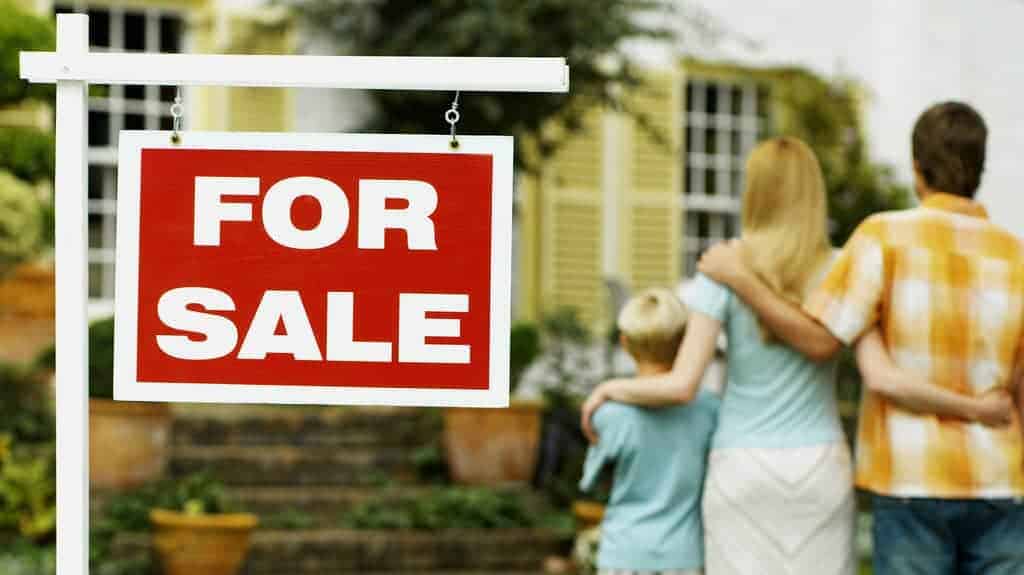Ontarians are prepping for a contentious election that is set to be held on June 7, 2018. The results of the election could have major ramifications for the housing market.
The early results for Canada housing in 2018 — in particular, in the major metropolitan areas of Toronto and Vancouver — have not been pretty. Toronto-area homes sales were down 35% year over year in February with sales prices also down 12%. New OSFI mortgage rules and rising interest rates have dramatically cooled the hot Ontario housing market. Is the early year slump a sign of things to come?
In a recent affordability analysis, Bank of Montreal (TSX:BMO)(NYSE:BMO) predicted that millennial buyers would provide the capital to stave off a major slump in housing prices in the short term. However, in the long term BMO projects that a decline in the first-time home-buying population will dramatically slow the market in the 2020s. “We will see a much more sedate housing market over the next decade than we have seen over the past decade,” said BMO senior economist Sal Gautieri.
Alternative lending stocks have been battered to start 2018. Equitable Group Inc. (TSX:EQB) has plunged 26.8% in 2018 as of close on March 28, even after reporting record net income and originations in 2017. Home Capital Group Inc. (TSX:HCG), which narrowly avoided collapse in the spring of 2017, has seen its shares drop 23.7% in 2018 so far. Both lenders predicted softer loan growth in response to new OSFI mortgage rules that were unveiled in the middle of 2017.
In the fall of 2017, real estate industry experts projected a cool down to start 2018, which would be followed by a rebound in the spring and summer. We have yet to see if that prediction will materialize, but there is one other factor that could lead to a boon in Ontario housing.
Doug Ford vows to scrap foreign buyers’ tax
Doug Ford, who recently came out on top of the Progressive Conservative leadership race, has said that if he were elected premier, he is mulling over policy that would eliminate the foreign-buyers’ tax that was instituted in 2017. “I believe in the market dictating,” Ford said. “The market, no matter whether it’s the stock market or anything, it will always take care of itself — supply and demand.”
Ford has hammered out a reputation as a populist pro-business politician. The most recent Ontario election poll from Mainstreet Research has the Progressive Conservatives ahead of the reigning Liberals by over 20%. The party has been polling solidly in the 40-50% range in 2018, and it appears to be Ford’s race to lose.
In December 2017, the Ontario government revealed that the government had collected $133 million from the tax in the six months it had been instituted up until then. Between August and November, 3.8% of homes sold in Toronto were to buyers who were not citizens or permanent residents. This is compared to 5.6% in the three-month period before the tax was instituted.
If polls remain consistent and Ford is elected Premier, look for housing stocks and the real estate market at large to respond with some degree of enthusiasm.









